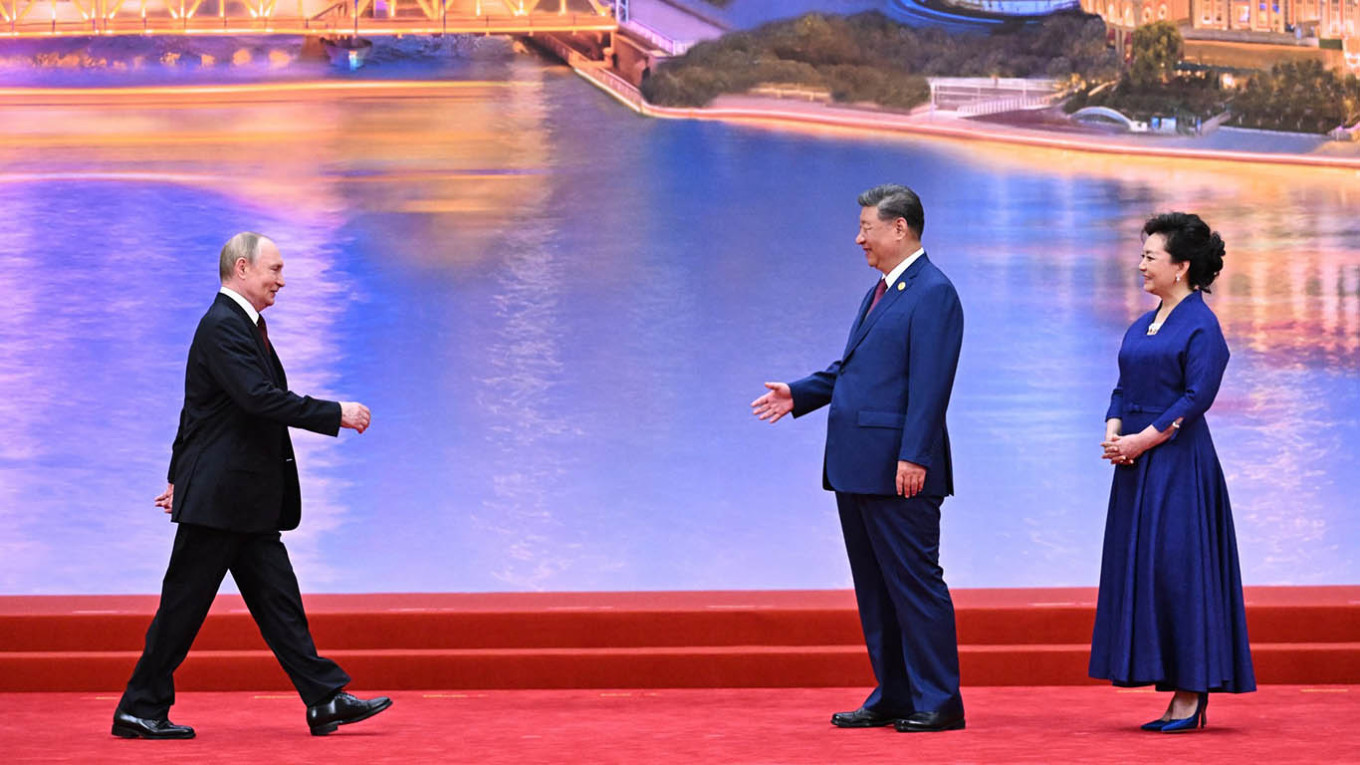China is set to permit Russian energy firms to issue bonds denominated in yuan on its domestic market for the first time since 2017, according to a report from the Financial Times, referencing two sources knowledgeable about the situation.
During a meeting in Guangzhou in August, Chinese regulators informed leaders of prominent Russian companies that they would back initiatives to launch “panda bonds,” as reported by the FT’s sources.
Many leading Russian energy companies are currently subject to sanctions from the U.S. and the EU, which poses a risk of secondary sanctions for Chinese banks and brokers, the primary investors in panda bonds, as noted by legal experts speaking to the FT.
Initially, the issuance of panda bonds is expected to be restricted to two or three firms, as stated by the FT. Possible candidates for borrowing include non-sanctioned organizations like Rosatom and its subsidiaries.
Rosatom, along with other Russian energy companies such as Novatek and Zarubezhneft, has already received credit ratings from Chinese agencies.
On Friday, the Chinese rating agency CSCI Pengyuan awarded Gazprom its highest AAA rating with a stable outlook, citing its significant role despite the geopolitical challenges.
In contrast, Fitch Ratings downgraded Gazprom to a double C rating in 2022 and subsequently withdrew all ratings on Russian firms to comply with European sanctions.
If this initiative receives approval, it would mark the first issuance of corporate bonds from Russia in China since the onset of Moscow’s invasion of Ukraine and the first since 2017, when the state aluminum company Rusal raised 1.5 billion yuan (approximately $210 million).
The FT’s report follows President Vladimir Putin’s recent visit to China to participate in the annual Shanghai Cooperation Organization (SCO) summit and a significant military parade.
Last week, Gazprom’s CEO Alexei Miller announced that a legally binding memorandum had been signed with Beijing regarding the long-delayed Power of Siberia 2 pipeline, which is expected to deliver up to 50 billion cubic meters of Russian natural gas to China annually. However, Chinese officials have yet to confirm the agreement.

